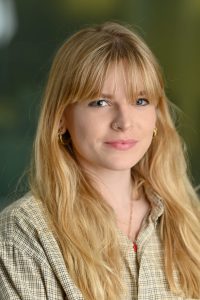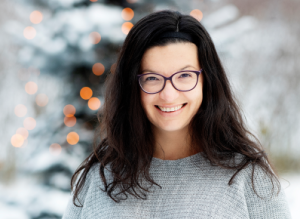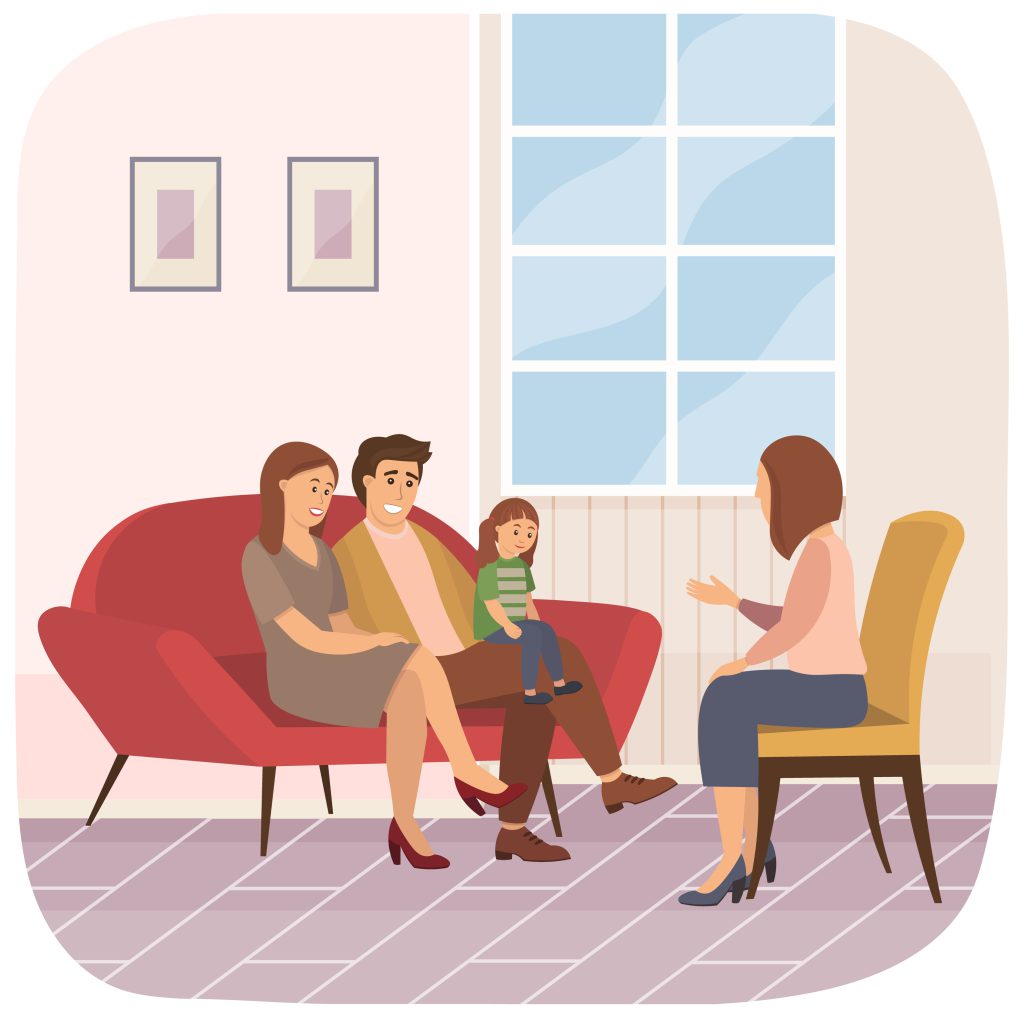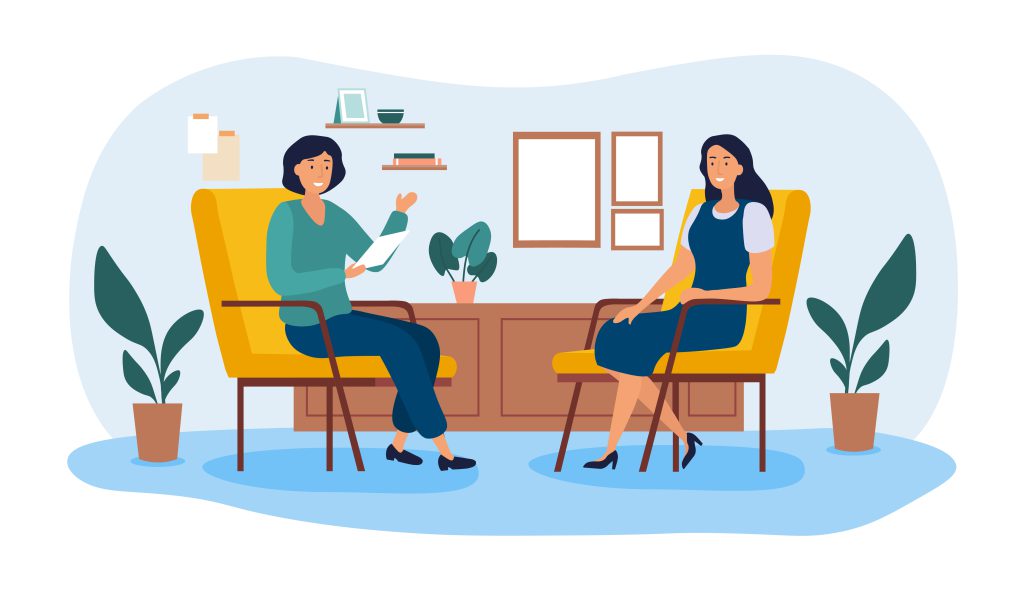Professor Ramona Moldovan is a clinical psychologist, researcher, and genetic counsellor. In this blog, Ramona was interviewed by PhD student Helena Davies about her latter role. Ramona discusses how she got into genetic counselling, what she loves most about it, and what the job might look like in the future.
You’ve heard of “genetics” and you’ve heard of “counselling”, but have you heard of “genetic counselling”? The official definition, developed by The Genetic Counselling Definition Task Force of the National Society of Genetic Counsellors (Resta et al. 2006), is as follows:
Genetic counselling is the process of helping people understand and adapt to the medical, psychological and familial implications of genetic contributions to disease. This process integrates the following:
- Interpretation of family and medical histories to assess the chance of disease occurrence or recurrence
- Education about inheritance, testing, management, prevention, resources and research
- Counselling to promote informed choices and adaptation to the risk or condition
There are only 310 genetic counsellors in the UK, and most work in physical health diseases (Abacan et al. 2019). We were fortunate enough to speak with Professor Ramona Moldovan, who utilises her experience as a clinical psychologist to deliver genetic counselling for psychiatric disorders as well as physical health diseases.
How did you become interested in genetic counselling?
I started my career as a clinical psychologist, and I used to see people with major depression, bipolar disorder, or psychotic disorders. Everyone wanted to understand how their condition came about. Many brought up specific life events or mentioned difficult times in childhood, in work, or at home. Many also talked about their family history, and wondered whether what they had was inherited, or what the risk was of their children having the same thing. Clearly, the understanding you have of your diagnosis or your difficulties, and the confidence and resources you feel you have in order to cope with those challenges, are essential. Most of the people I saw had good support from the healthcare professionals they were seeing, but I felt many could have benefitted from a more personalised, interdisciplinary approach. This is when I decided to get additional training in genetic counselling. I soon understood how many similarities there are between clinical psychology and genetic counselling, and how much clinical psychology can draw from genetics, and vice versa.
What do you do and who do you work with?
Genetic counselling is very much a team effort, and the role can vary quite a lot in terms of specialty or focus. Genetic counsellors can calculate genetic risk, order genomic tests, explain inheritance patterns, interpret variants, and arrange additional investigations or screening. In addition to expertise in genomic medicine, genetic counsellors are also trained to provide psychological support, empower individuals to make informed decisions, and facilitate autonomy, wellbeing, and quality of life.
My role used to have a clinical component until a couple of years ago. I worked with clinical geneticists, lab scientists, neurologists, psychiatrists, and psychologists. At the moment, my role is more academic and research based. I teach postgraduate students getting trained in Genomic Sciences via the Scientist Training Programme, with the University of Manchester. I also teach students at Babeș-Bolyai University in Romania, as well as in Italy, Portugal, and Sweden.
Research is another big part of my role. I work in large scale international projects where we develop new measures to capture quality of life in families living with Huntington’s Disease, or projects where we investigate the benefits of pharmacogenetics for patients with psychiatric disorders. I am also involved in UK-based projects where the focus is more implementational. For instance, we have some funding from the North West Genomic Medicine Service Alliance to explore the needs, challenges, and opportunities around psychiatric genetic counselling and see how we could best set up a service or resources that can be of use to both families and professionals.
What do you think genetic counselling might look like in the future?
Genomics is a rapidly growing and evolving discipline. We will probably witness changes in the next 20-30 years that we didn’t anticipate that long ago. Technology will certainly play an increasingly significant role in our lives and in the way healthcare is being provided. Pharmacogenomics will play a crucial role for personalised treatments. New treatments, such as gene therapy, will be more routinely offered. Genomics is going to be more present in mainstream clinical pathways, and there are great advantages to that, but there are also challenges that need to be factored in. With great opportunity comes great responsibility. Bringing together scientific, clinical, ethical, psychological, legal, and personal experiences into this conversation will be key.
What do you love most about your job?
Never a dull moment, that’s definitely up there. You have to be accurate and rigorous, yet there is room for creativity in how you approach a topic, how you ask a question, how you teach students, and how you speak to patients. I love meeting and working with people from all walks of life, with different backgrounds, skills, interests, and beliefs. I find witnessing science evolving and making a difference in people’s lives incredibly rewarding.
References:




